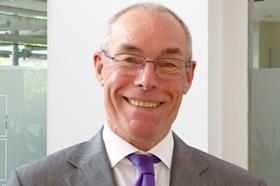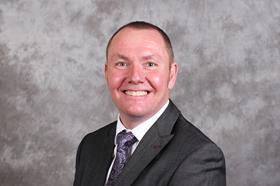The Legal Aid Agency has assured MPs that it has improved its complaints-handling process since being told to apologise and pay £10,000 to an expert witness for causing him distress by excessively auditing his bills.
The House of Commons justice select committee asked the agency to 'provide assurances' that lessons have been learned from the handling of a complaint brought by Dr Alan George.

George, a Middle East expert, alleged that the agency unfairly denigrated his character, unfairly reduced, capped and refused his fees; and unfairly subjected his work and fees to excessive assessment, review and audit from spring 2011 until autumn 2013. The Parliamentary and Health Service Ombudsman partly upheld his complaint.
LAA chief executive Shaun McNally wrote to the committee in June this year to confirm that the agency has re-evaluated its complaints-handling process.
He said: 'This has involved the creation of a new team which scrutinise and investigate complaints of a similarly complex nature. This has introduced greater objectivity when complaints are investigated. We also communicated with all LAA staff so that they are clear that all of our customers have the right to complain, irrespective of whether or not there is a pre-existing direct contractual relationship.'
McNally says record-keeping has been improved 'by increasing digitisation across case management'. Dedicated email addresses have been established for 'external stakeholders'. Assurance processes have been updated and guidance has been issued to staff 'to make it clear how they are expected to handle concerns regarding requests for funding'.

McNally concludes: 'I am confident that these procedural changes and improvements have strengthened the LAA's ability to appropriately resolve complaints which are put to us, and will prevent the recurrence of such an incident as was experienced by Dr George.'
George told the Gazette that the agency's changes were 'gratifying'. However, he said 'it doesn't reflect well on its management that an organisation that spends an annual £1.7bn of public money should have been suffering such fundamental deficiencies as those revealed by the ombudsman's investigation - and that these were identified and addressed only because of an investigation by an outside agency'.
The ombudsman, which was set up by parliament, makes final decisions on complaints that have not been resolved by the NHS in England and UK government departments.
The LAA's latest annual report states that 16 complaints were referred to the ombudsman in the 2017-18 financial year. Cases can take over a year to conclude. During 2017-18, the ombudsman partly upheld three cases; three were not upheld.



























3 Readers' comments